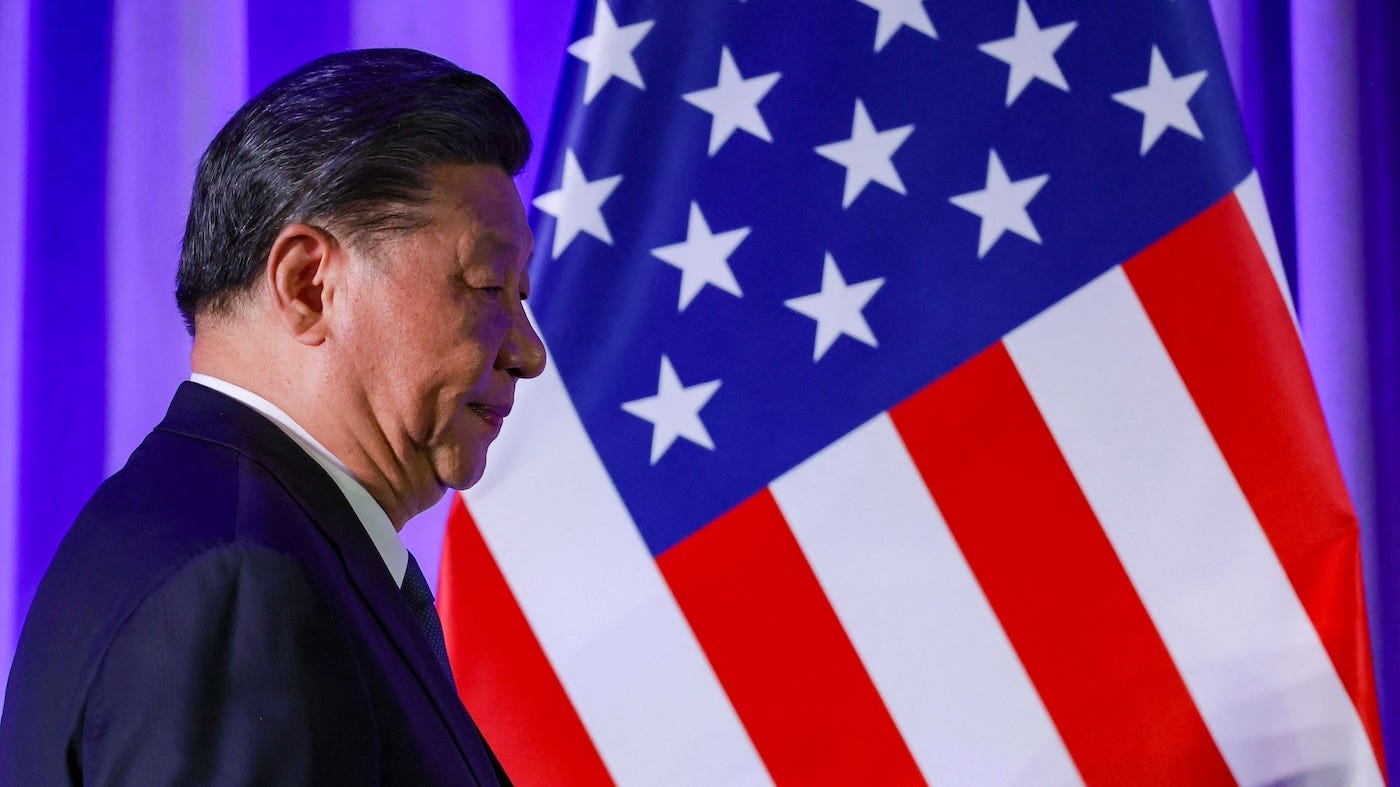U.S.-China's Positive Momentum
Will this 'momentum' in U.S.-China relations last?, There are more successes than failures in China-US cooperation: American businessman Menendez, and Germany launches 11th-hour bid to avert trade war
Will this 'momentum' in U.S.-China relations last?
By Manuel C. Menendez (Ecns)
Manuel C. Menendez, founder and CEO of MCM Holdings, is an American businessman and philanthropist with deep ties to China. Menendez's moto is "World Peace through World Trade". In his background, it is very understated that he played an active role in China's return to the w…






